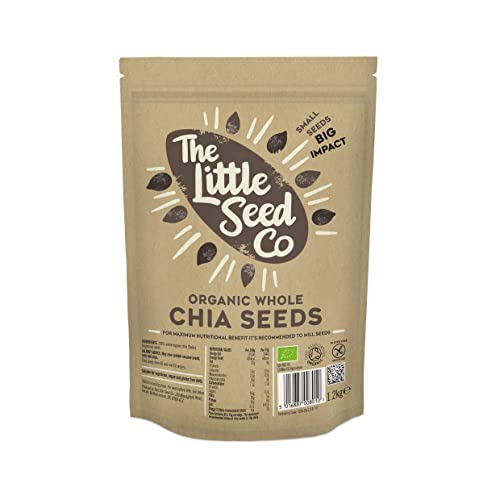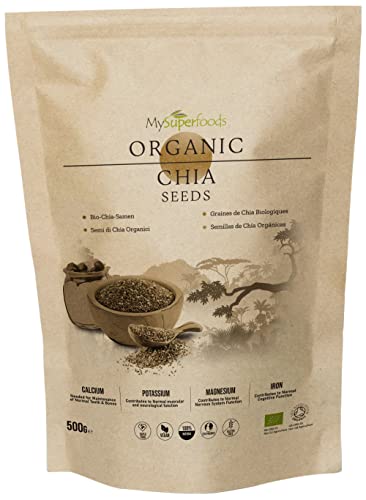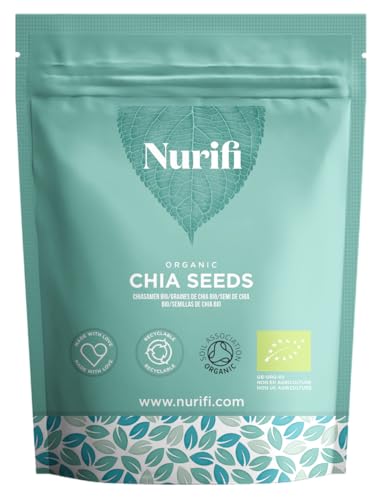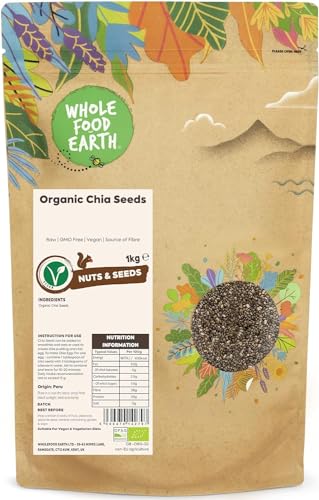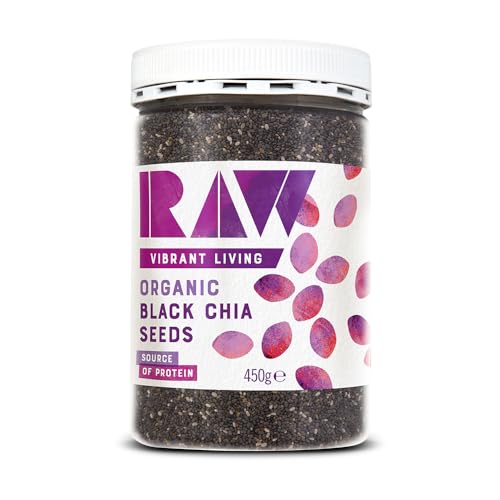Understanding Organic Chia Seeds: A Nutritional Powerhouse
What are Chia Seeds?
Chia seeds are tiny black and white seeds harvested from the Salvia hispanica plant, a relative of mint. These seeds have been a staple in Central American diets for centuries, celebrated for their impressive nutritional profile. Packed with fibre, protein, omega-3 fatty acids, and various essential minerals, chia seeds can be a fantastic addition to our diets, providing significant health benefits.
Why Choose Organic?
Opting for organic chia seeds means you’re choosing seeds that have been grown without harmful pesticides or synthetic fertilisers, making them a healthier choice for both us and the environment. Organic farming practices enhance biodiversity and promote better soil health, which can result in seeds that are not only safer but potentially more nutritious.
How to Choose the Right Organic Chia Seeds for Your Needs
Looking at the Packaging
When selecting organic chia seeds, it’s crucial to review the packaging. Look for labels that clearly state ‘organic’ to ensure you’re getting seeds that meet organic standards. Additionally, check for any signs of freshness on the package, as older seeds may have diminished nutritional values.
Seeds Origin and Variety
The origin of the chia seeds can impact their quality and flavour. Seeds sourced from reputable countries with established farming practices such as Mexico and Ecuador often yield better quality products. Furthermore, there’s a slight variation in taste between black and white chia seeds, though both varieties offer similar health benefits. We recommend choosing a variety that appeals to your culinary preferences.
Incorporating Organic Chia Seeds into Your Daily Diet
Easy Ways to Use Chia Seeds
Incorporating chia seeds into our daily meals is straightforward. They can be added to smoothies for a nutritional boost, mixed into oatmeal or yogurt for added texture, or used to create chia pudding, a simple and delicious dessert. For those who enjoy baking, chia seeds can be sprinkled into muffins or bread recipes. Their ability to absorb liquid makes them an excellent thickening agent for soups and sauces, enhancing both consistency and nutrition.
How Much to Consume Daily?
A common recommendation is to start with one to two tablespoons of chia seeds per day. This portion provides a good balance of nutrients while helping us reap the health benefits without overwhelming our digestive systems. It’s always a good idea to increase our intake gradually to allow our bodies to adjust.
Exploring the Health Benefits of Organic Chia Seeds
Packed with Nutrients
One of the standout features of chia seeds is their extraordinary nutrient density. These tiny seeds contain a high amount of fibre, which aids in digestion and helps maintain a feeling of fullness, making them beneficial for weight management. Additionally, chia seeds are a complete protein source, offering all nine essential amino acids necessary for our body’s functioning.
Heart-Healthy Omega-3 Fatty Acids
Chia seeds are one of the rich plant-based sources of omega-3 fatty acids, which are crucial for heart health. Omega-3s help reduce inflammation, lower cholesterol levels, and promote overall heart function. Incorporating chia seeds into our meals can support cardiovascular health significantly.
Sustainable Sourcing: Why Organic Matters in Chia Seeds
Supporting Eco-Friendly Practices
Choosing organic chia seeds also means we are supporting sustainable farming practices. Organic farming encourages the use of natural methods for pest control and soil fertility, thus reducing environmental impact. This approach not only protects the land but also contributes to the health of those who engage in farming, giving us peace of mind about our sourcing.
Ethical Considerations in Organic Farming
By selecting organic chia seeds, we also align ourselves with ethical consumerism. Many organic producers prioritise fair trade practices, ensuring farmers receive a fair wage. This commitment leads to improved local economies and healthier communities, making our choice beneficial not only to our health but also to the health of others.




